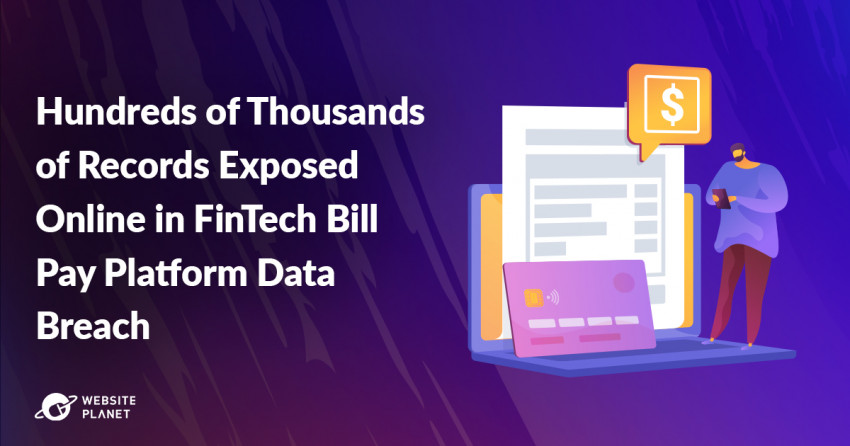
Google Introduces New Policy Against Parasite SEO
Google has introduced a new spam policy against “parasite SEO.” The new policy was part of Google’s March core update and went into effect on May 5.
Google’s new policy describes spam content as “third-party content produced primarily for ranking purposes and without close oversight of a website owner” and “intended to manipulate Search rankings.”
Elizabeth Tucker, Google’s Director of Product Management, explained that a third party might publish payday loan reviews on a trusted and unrelated site. “Such content ranking highly on Search can confuse or mislead visitors who may have vastly different expectations for the content on a given website.”
Google will rely on automated and manual measures to fight manipulative ranking tactics. These measures include greater human involvement to ensure more accurate spam detection and prevention, advanced machine learning algorithms to recognize less prominent forms of SEO manipulation, and user feedback to improve the quality of search results.
The rise of AI triggered growing concerns about the quality of Google’s search results. While it’s unclear how successful the new policy will be regarding maintaining quality in the search results, some smaller sites have reported a significant loss in traffic after the March 2024 core update.
These sites blame Google for favoring big media brands, claiming they use the exact manipulative ranking practices Google preaches against and populate the web with subpar content. Still, they top Google’s search results.
In late April, Google announced that its refined core ranking systems have gone into effect, reducing low-quality, unoriginal content in search by 45%. This update targeted web pages with “poor user experience” that gave the impression they “cater to search engines instead of people,” like sites created for specific popular search queries.
Google is also going after sites that use automated scaled content creation to boost search ranking. While Google updated its SEO playbook to make AI-generated content acceptable, sites that publish low-quality content just for the sake of quantity will get penalized. This includes pages pretending to have answers to highly searched queries but failing to deliver value.
Lastly, the new core update considers expired, purchased, and repurposed domains used to lift the ranking of low-quality or unoriginal content as spam. This practice can deceive visitors that the new content belongs to an older, established site.












